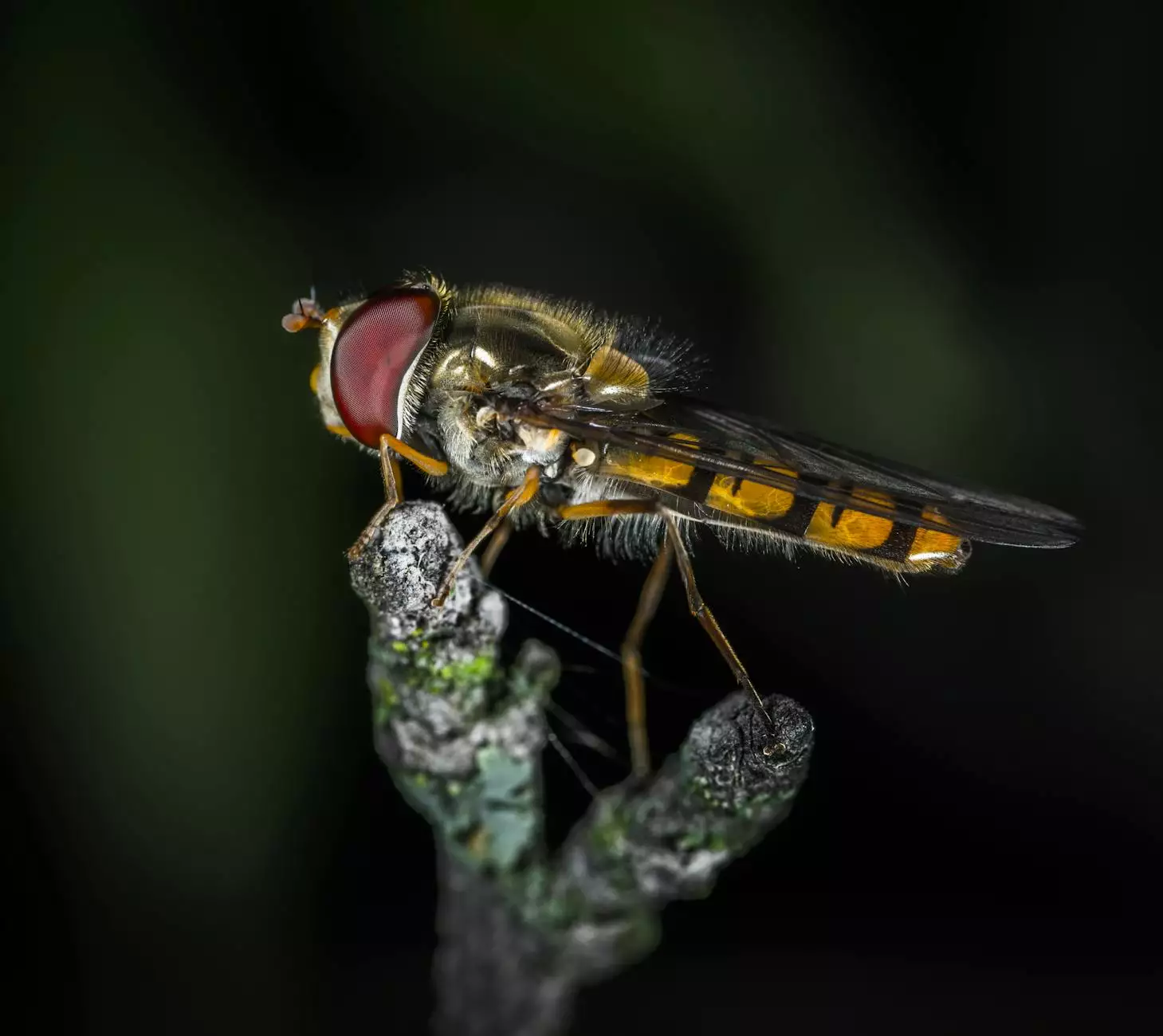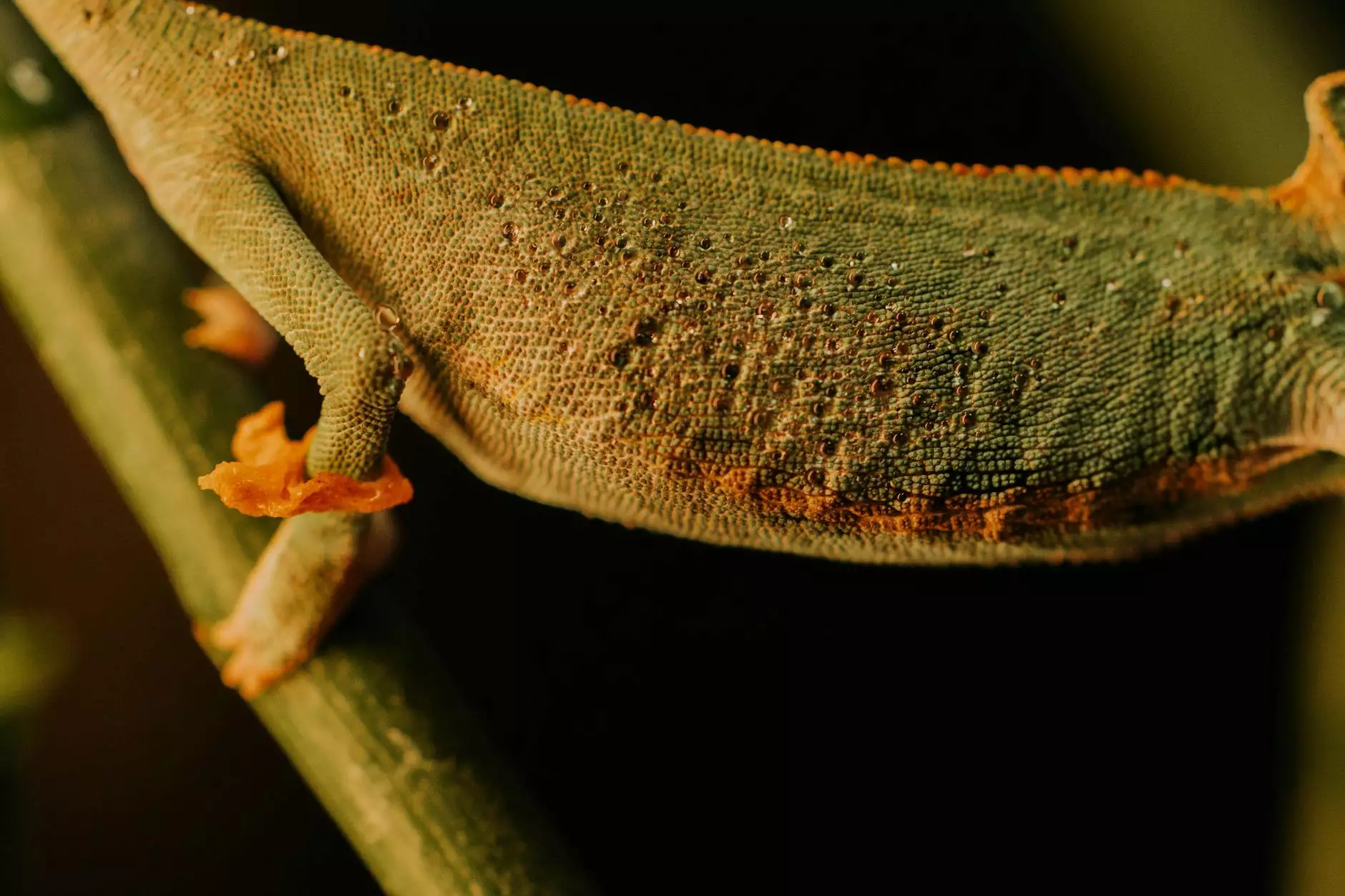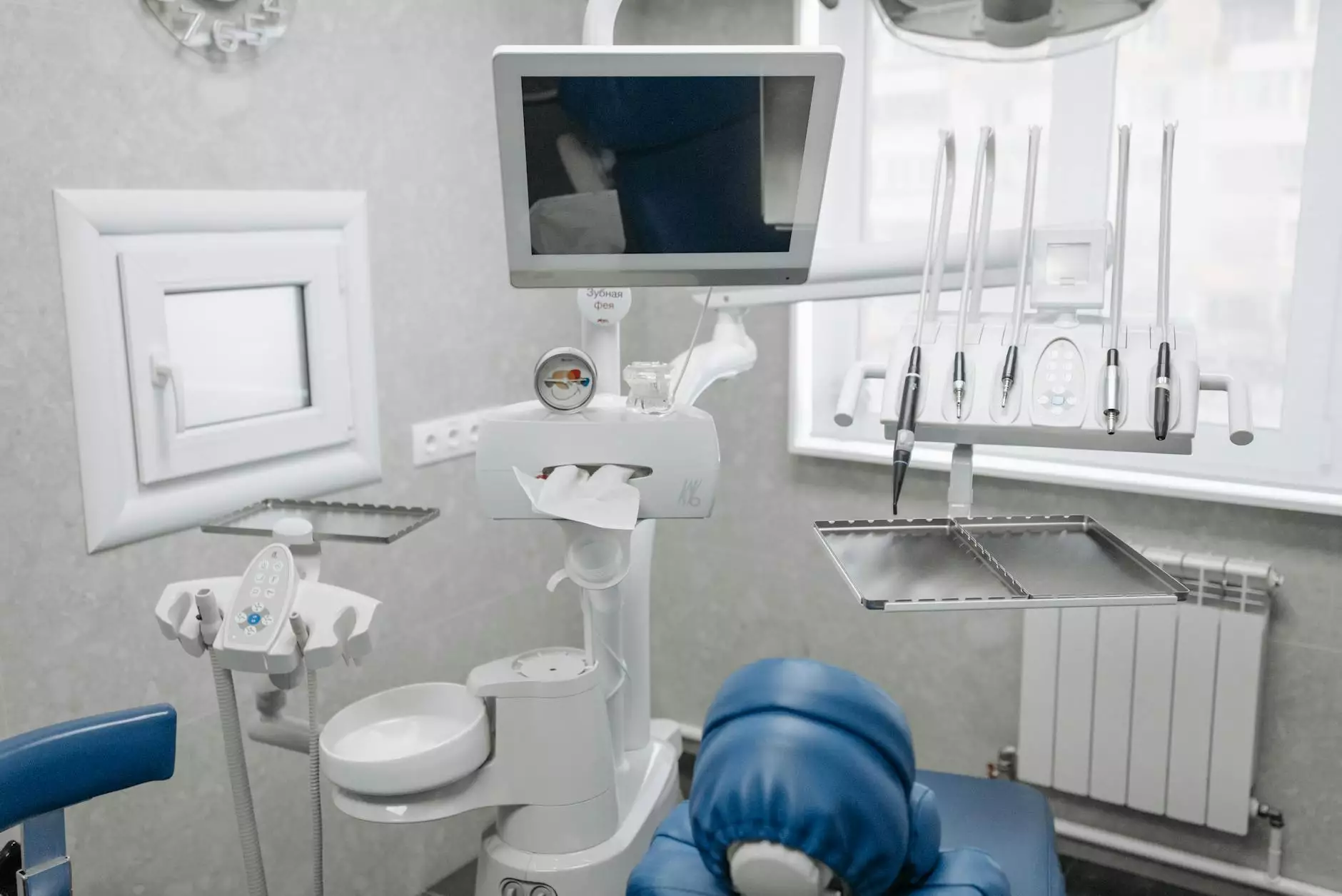Insect and Pest Management: Essential Strategies for Farm Equipment and Productivity

In today's agricultural landscape, insect and pest management has become a vital consideration for farmers and equipment owners alike. As pests threaten crops and machinery, understanding best practices can lead to greater efficiency, higher yields, and minimized losses. In this comprehensive article, we will delve deep into the world of pest and insect control, focusing on methods, technologies, and the significance of robust equipment maintenance as part of an overall management strategy.
The Importance of Insect and Pest Management in Agriculture
In agriculture, pests are one of the leading causes of crop damage. From insects like aphids and caterpillars to rodents and fungal infections, the spectrum of threats can be daunting. Effective insect and pest management not only protects crops but also extends to the care and longevity of farming equipment, particularly vital in regions where every harvest counts.
Understanding Pest Dynamics
Pest control begins with understanding the types of pests farmers face. This includes
- Insects: Aphids, beetles, and caterpillars
- Rodents: Rats, mice, and rabbits that threaten crops
- Fungi: Mold and mildew that can damage both crops and equipment
The Consequences of Neglecting Pest Management
Failure to implement effective pest management strategies can lead to:
- Reduced Crop Yields: Pest infestations can devastate harvests.
- Damage to Equipment: Pests can cause mechanical problems.
- Economic Loss: Increased costs due to repairs and loss of product.
Key Methods for Effective Insect and Pest Management
Implementing a successful pest management strategy encompasses a variety of techniques:
1. Biological Control
This method involves using natural predators to control pest populations. For example:
- Ladybugs: Effective against aphids.
- Beneficial Nematodes: Target soil-dwelling pests.
2. Cultural Practices
Cultural practices involve adjusting farming techniques to minimize pest infestations, including:
- Crop Rotation: Reduces pest populations by changing the type of crops planted.
- Sanitation: Keeping fields clean can prevent pest harborage.
3. Mechanical Control
Using physical methods to control pests can also be beneficial:
- Traps: For rodents and certain insects.
- Barriers: Such as row covers to protect crops.
4. Chemical Control
While chemical pesticides are often seen as a last resort, when used properly, they can be effective. Keep in mind:
- Always follow label instructions.
- Consider integrated pest management (IPM) strategies.
Integrating Pest Management with Equipment Maintenance
Every farmer knows that well-maintained equipment is crucial for operational efficiency. However, did you know that insect and pest management plays a critical role in this area as well?
Preventive Maintenance
Farm equipment can fall victim to pests just like crops. Regular maintenance can help mitigate these risks:
- Inspecting machinery for signs of pest infestations, particularly in hidden areas.
- Cleaning equipment before moving to different fields to avoid spreading pests.
- Utilizing equipment covers to limit access to pests.
Effective Storage Solutions
When not in use, storing equipment correctly can prevent infestations:
- Seal equipment in protective bags or containers.
- *Store in a dry, pest-free environment.*
Technology in Pest Management
Technology has revolutionized insect and pest management, making it easier for farmers to monitor and respond to infestations. Here are some emerging technologies:
1. Drones
Drones equipped with cameras can assess crop health and identify pest problems before they escalate.
2. IoT and Smart Sensors
Internet of Things (IoT) technology helps in monitoring conditions that promote pest infestations, such as soil moisture and temperature.
3. Data Analytics
Data-driven insights can help farmers make informed decisions based on trends and historical pest populations.
Conclusion: A Holistic Approach to Insect and Pest Management
The modern farmer must embrace a comprehensive strategy that combines insect and pest management with robust equipment maintenance practices. This dual approach not only safeguards crops but also prolongs the life of farming equipment, ensuring productive and profitable operations.
Get Expert Help from TSGC Inc.
For those in need of assistance with effective insect and pest management strategies or farming equipment repair, TSGC Inc. offers expert insights and services. Our commitment to quality and excellence ensures your farming operations remain competitive, efficient, and sustainable.
Contact us today to learn more!









